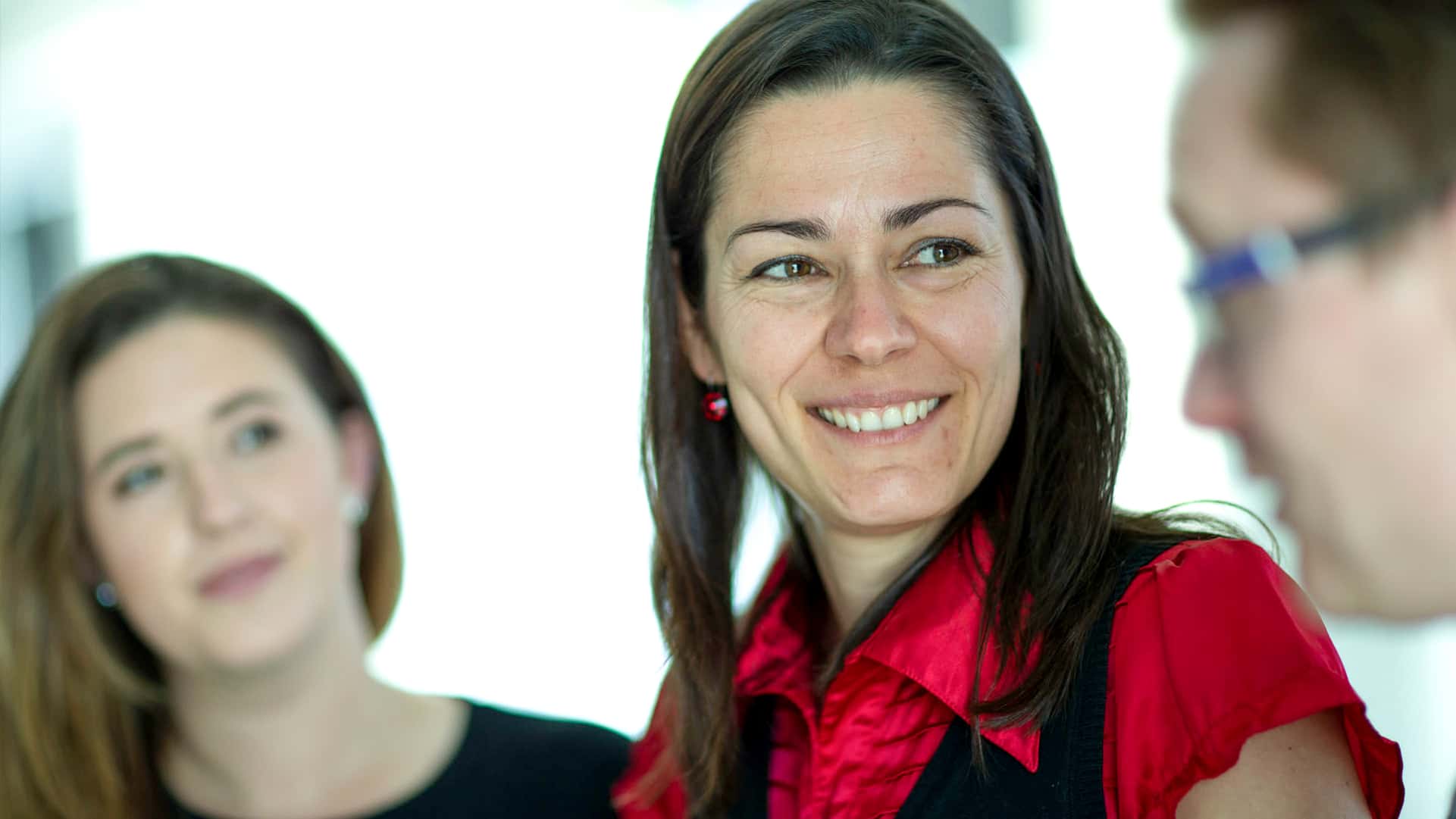Craig Fenton, Google’s Director of Strategy and Operations in the UK talked exclusively to us for Unearthed: Issue 2. In this extract, he shares his thoughts on what the new ‘Age of Assistance’ means for business and customers alike, and where data and creativity will meet “to delight and surprise us.”
—————
In order to look into the future, I think it’s helpful to look back.
What we regard as ‘modern computing’ is really only 30 years old. The Internet is a 20-year story. Smartphones are just 10 years old. Haven’t we come a long way in that time?
The topic of data, which I know you’re talking about in this issue of Unearthed, has absolutely exploded in that time. More data will be created in 2018 than in the previous 5000 years of human history.

But what’s happened relatively recently is that computing power to deal with this data has finally caught up with the technology thinking that’s been around for quite some time.
Modern techniques of machine learning, which is a type of artificial intelligence, combined with the availability of data and the power of today’s computers to deal with it in smart and mindful ways, means we have reached a real turning point.
We have also cultivated a new set of expectations among consumers, and among businesses too. We turn to our devices in the ‘moments that matter’: when we want to know something, do something, go somewhere, or buy something. And businesses are meeting those expectations in ways that delight us.
What that’s led to is a consumer and user group – and all of us who work in business are consumers too – that is very curious. We search on an ever more expanding set of things. Google gets around 44,000 searches every second, and almost 20% of those we have never seen before.
We have also become more demanding users. We expect a frictionless, seamless, delightful user experience.
And we are impatient. We know that 53% of people will leave a mobile website that takes longer than three seconds to load. However the average load time for mobile websites in the UK is more like 11 seconds….
That impatience applies not only to the speed of the digital interface consumers are using, but also to the services themselves. Modern eCommerce has taught us to expect next day delivery, and in some cases the opportunity to pick something up within an hour of ordering it online.
The Internet is becoming ambient. It has left our devices and now travels with us across digital ‘surfaces’ – smartphone, TV, car, wearable. It’s also highly personalised to your specific interests. It’s an ‘Internet of Me’.
I think it’s also interesting that we are starting to interact in a more organic way. We began by typing into our computer desktops and laptops, then swiping and gestures on our smartphones, and now I talk to my phone more often than I type or swipe.
Using your voice to ask for things and have conversation with a digital assistant like Google Assistant or Siri or Cortana or Alexa is more organic and it’s spreading across devices. Not just smartphones but tablets, laptops, TVs, cars and any number of so called Internet of Things devices. Some estimates say there will be more than 30 billion of them by 2020.
What does that mean for us as businesses, organisations, governments or other entities? It means we need to show up, wise up and speed up.
To meet ever more curious customers, as businesses we need to show up in those moments that matter. Whether B2C or B2B customers, they will be looking to know something, find something, or buy something, and if you are not there in these moments that matter, your competitors will be.
Wising up means using the data available in a responsible and really intelligent way that creates an experience for a customer – again, B2C or B2B – that is delightful, valuable and relevant to what they are looking for, in the moment they are looking. That will mean very different things to a Civil Engineer doing a ground survey than to a holidaymaker looking for flights – but the principle is exactly the same.
Finally we need to speed up. We need to act in real time; react to those moments that matter at lightning speed.
Technology in itself is not valuable. It’s the way the technology is applied that counts.
So the first thing I would suggest is that you need to think very deeply about what the interests and needs of your customers are as they move forward, to really turn the spotlight on that and look at the tools available to you to surprise and delight them in better ways.





